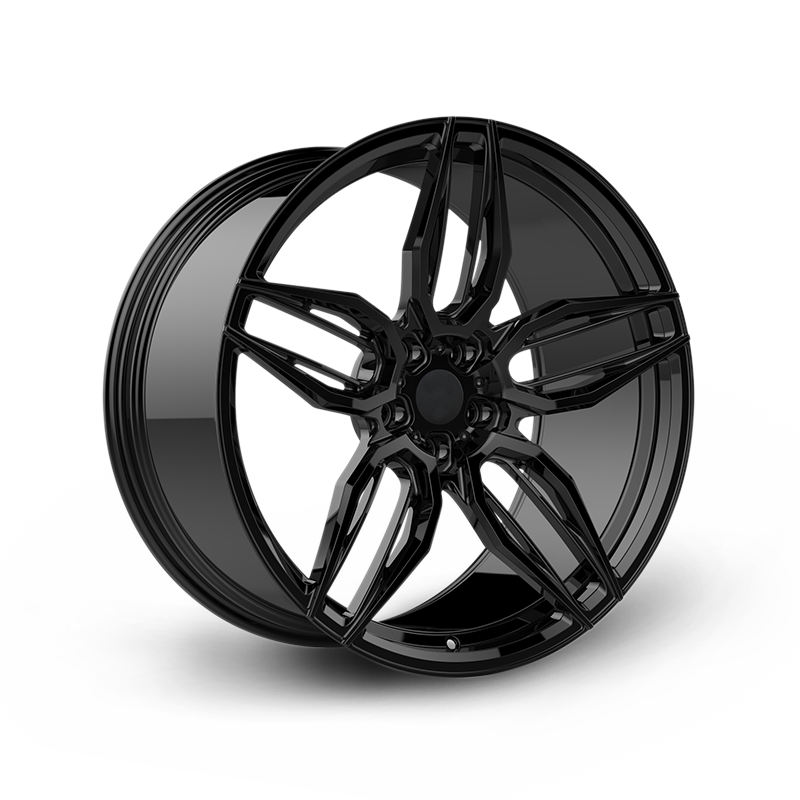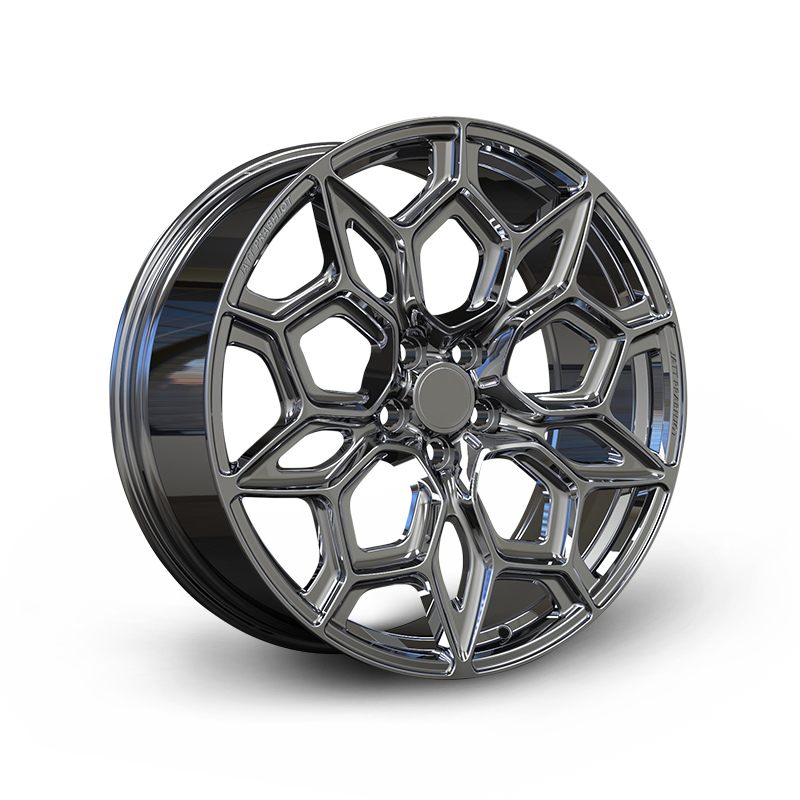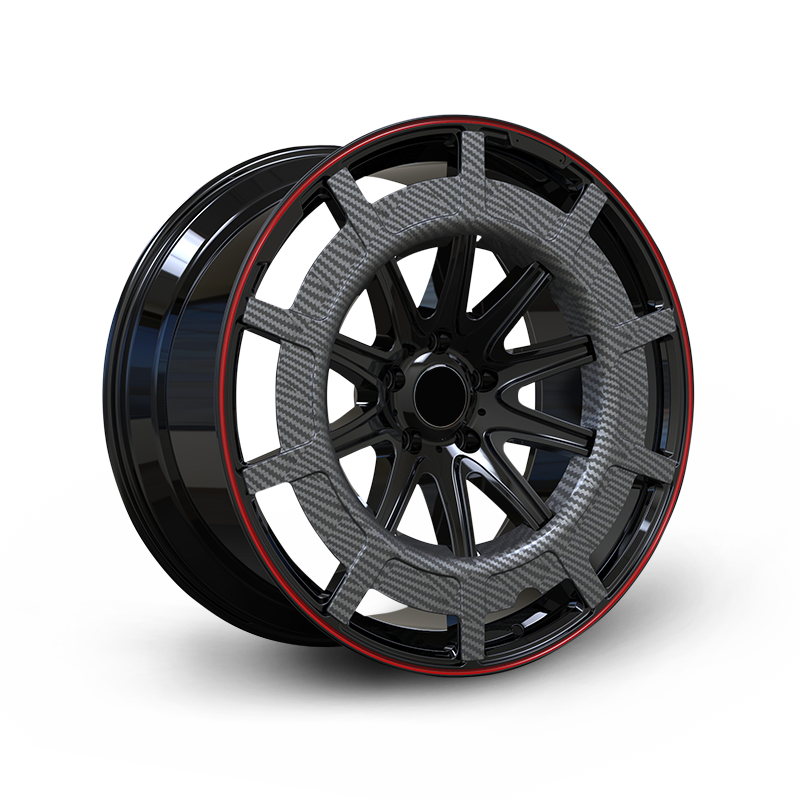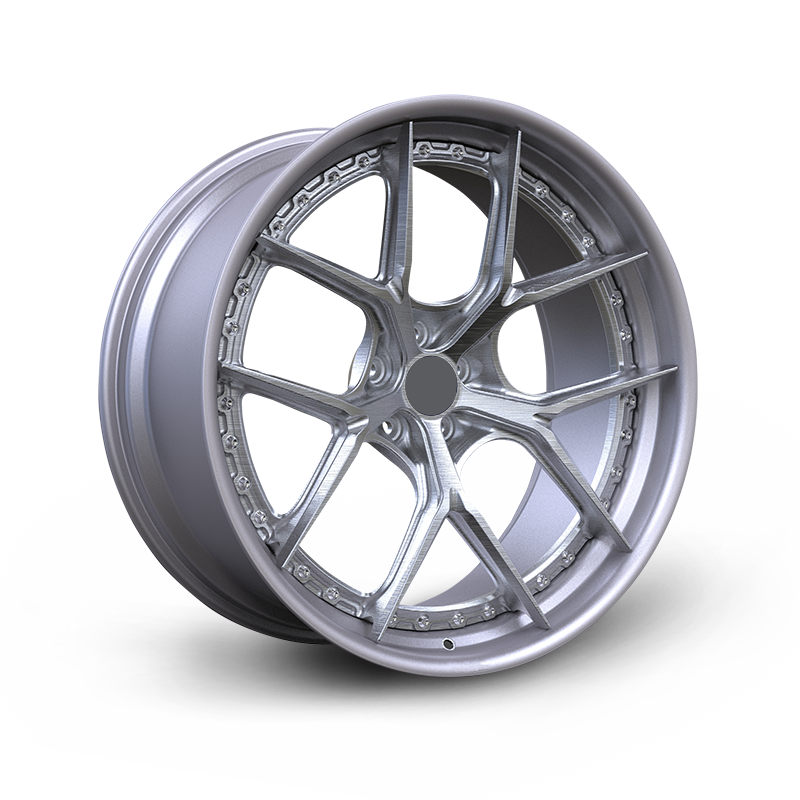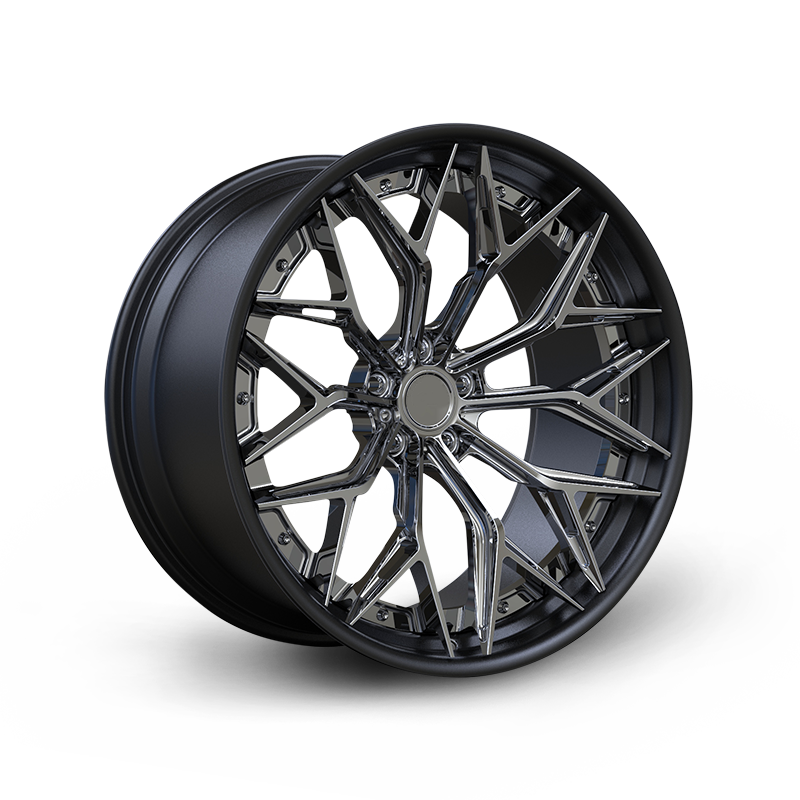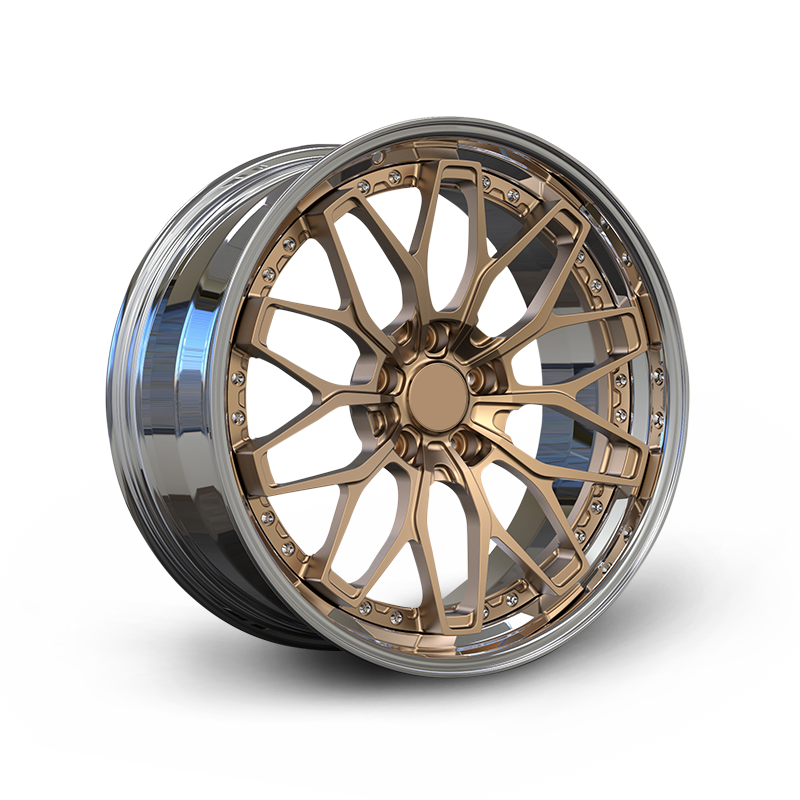How EV Forged Wheels Differ from Traditional Wheels in Terms of Design and Performance?
Understanding how EV forged wheels differ from their conventional counterparts in design and performance provides insight into why they are becoming a popular choice for modern electric vehicles.
Design Differences:
1. Weight Optimization: One of significant design differences between EV forged wheels and traditional wheels is weight. EV forged wheels are specifically engineered to be lighter than traditional wheels. This weight reduction is crucial for electric vehicles as it helps offset the weight of the battery pack, contributing to better efficiency and range. In contrast, traditional wheels, including deep dish forged wheels and divide forged wheels, may not prioritize weight savings to the same extent, as they are often designed with performance characteristics relevant to internal combustion engine vehicles.

2. Aerodynamics: EV forged wheels often feature designs that enhance aerodynamic efficiency. Aerodynamics play a critical role in the performance of electric vehicles, influencing range and efficiency. EV forged wheels may include aerodynamic features such as wheel covers or unique spoke patterns that reduce drag and improve airflow around the wheel. Traditional wheels, on the other hand, might focus more on aesthetic appeal or performance without such aerodynamic considerations. While deep dish forged wheels and divide forged wheels offer striking visual elements, they might not always align with the aerodynamic requirements of electric vehicles.
3. Structural Integrity: The structural design of EV forged wheels is often optimized for the specific needs of electric vehicles. These wheels are engineered to support the additional torque and weight of electric drivetrains, ensuring durability and safety. The use of advanced forging techniques helps achieve this high level of structural integrity. Traditional wheels, including deep dish forged wheels and divide forged wheels, may be designed with different performance metrics in mind, such as handling and cornering, which might not fully account for the unique stresses placed on wheels by electric powertrains.
4. Aesthetic Considerations: Both EV forged wheels and traditional wheels offer aesthetic options, but EV forged wheels are often designed with modern, futuristic styling to complement the sleek look of electric vehicles. This can include minimalist designs or advanced finishes that align with the innovative nature of EVs. Traditional wheels, such as deep dish forged wheels and divide forged wheels, might emphasize bold or classic styles, catering to a wider range of vehicle types and personal preferences.
Performance Differences:
1. Efficiency and Range: The primary performance advantage of EV forged wheels lies in their contribution to vehicle efficiency and range. By being lighter and more aerodynamic, EV forged wheels help reduce the overall weight and drag of the vehicle, cause improved energy efficiency. This is crucial for electric vehicles where improving range is a key concern. Traditional wheels, while potentially offering high performance in terms of handling and stability, might not be optimized to the same degree for efficiency as EV forged wheels.
2. Handling and Stability: While both EV forged wheels and traditional wheels are designed to provide outstanding handling and stability, the emphasis for EV forged wheels is on optimizing performance for electric vehicles. The lightweight nature of these wheels contributes to a lower rotational mass, which can improve acceleration and braking performance. Traditional wheels, including deep dish forged wheels and divide forged wheels, also provide outstanding handling, but their design might focus more on aspects such as cornering grip and overall driving dynamics rather than the specific needs of electric vehicles.
3. Durability and Strength: EV forged wheels are engineered to handle the high torque outputs of electric motors, which can be significantly higher than those of traditional internal combustion engines. The forging process used in manufacturing EV forged wheels ensures they have the necessary strength and durability to cope with these forces. Traditional wheels, including deep dish forged wheels and divide forged wheels, are also known for their strength, but their design might cater to different performance parameters or vehicle types.
4. Maintenance and Care: The maintenance needs of EV forged wheels can differ from traditional wheels due to their advanced materials and construction. EV forged wheels are often designed to be easier to maintain, with finishes that resist corrosion and wear. This aligns with the low-maintenance nature of many modern electric vehicles. Traditional wheels might require more frequent attention, especially if they are designed with complex finishes or high-performance materials.
If you have any questions, please fill out the contact form at the bottom of the page and contact us.

